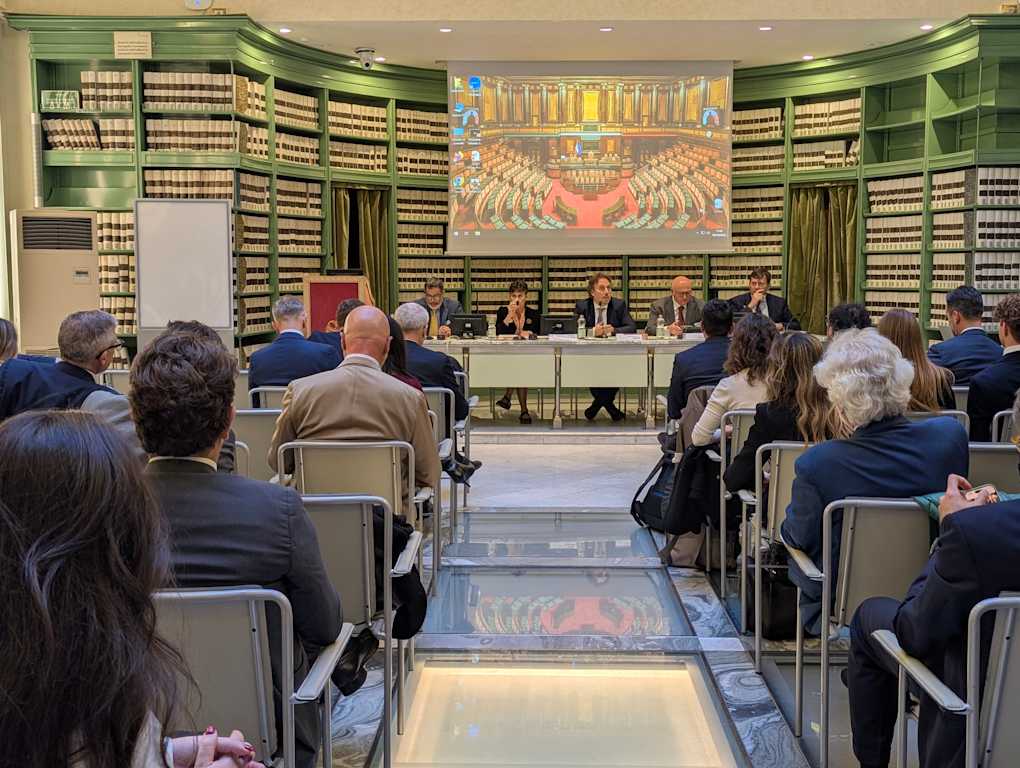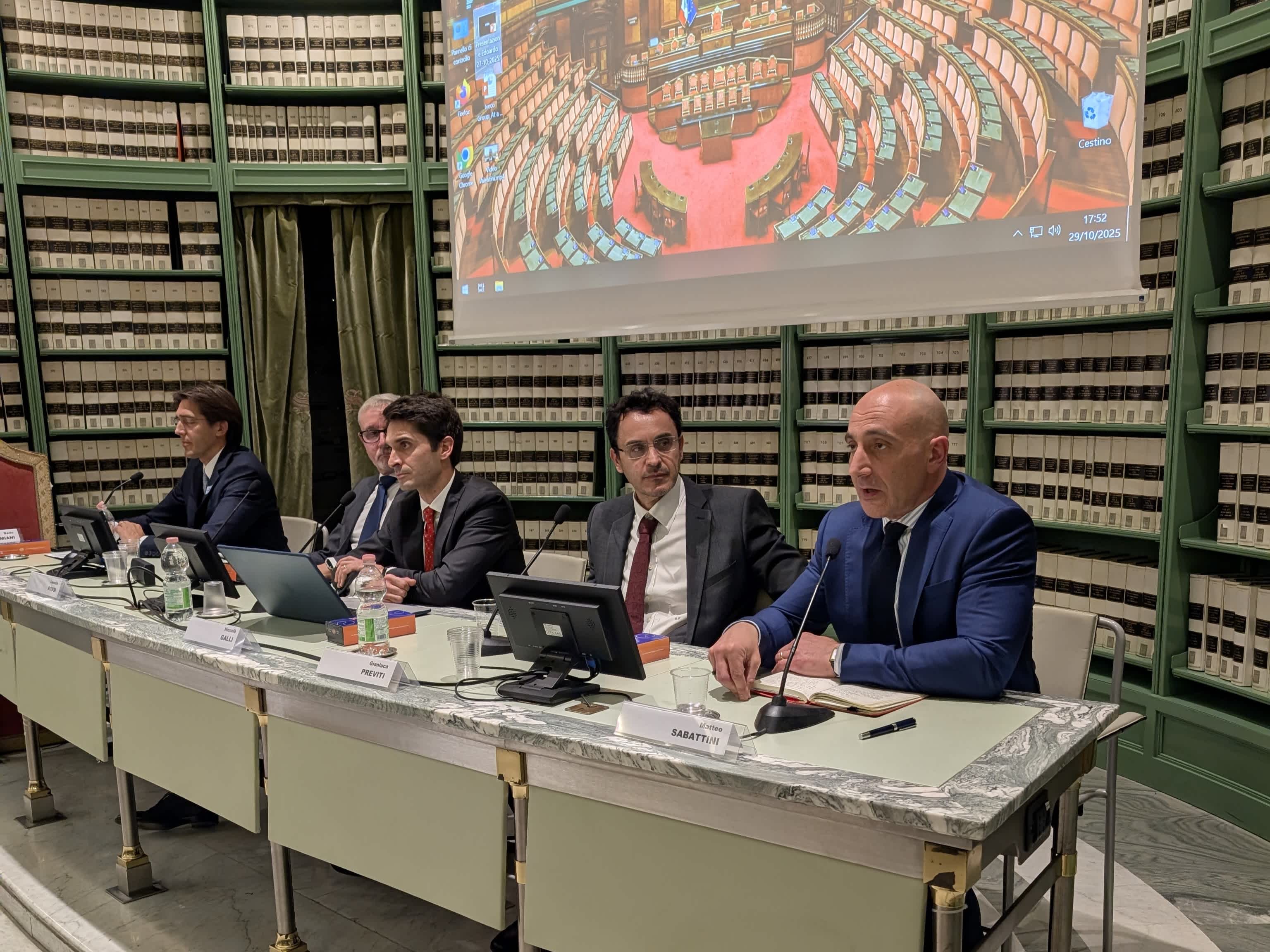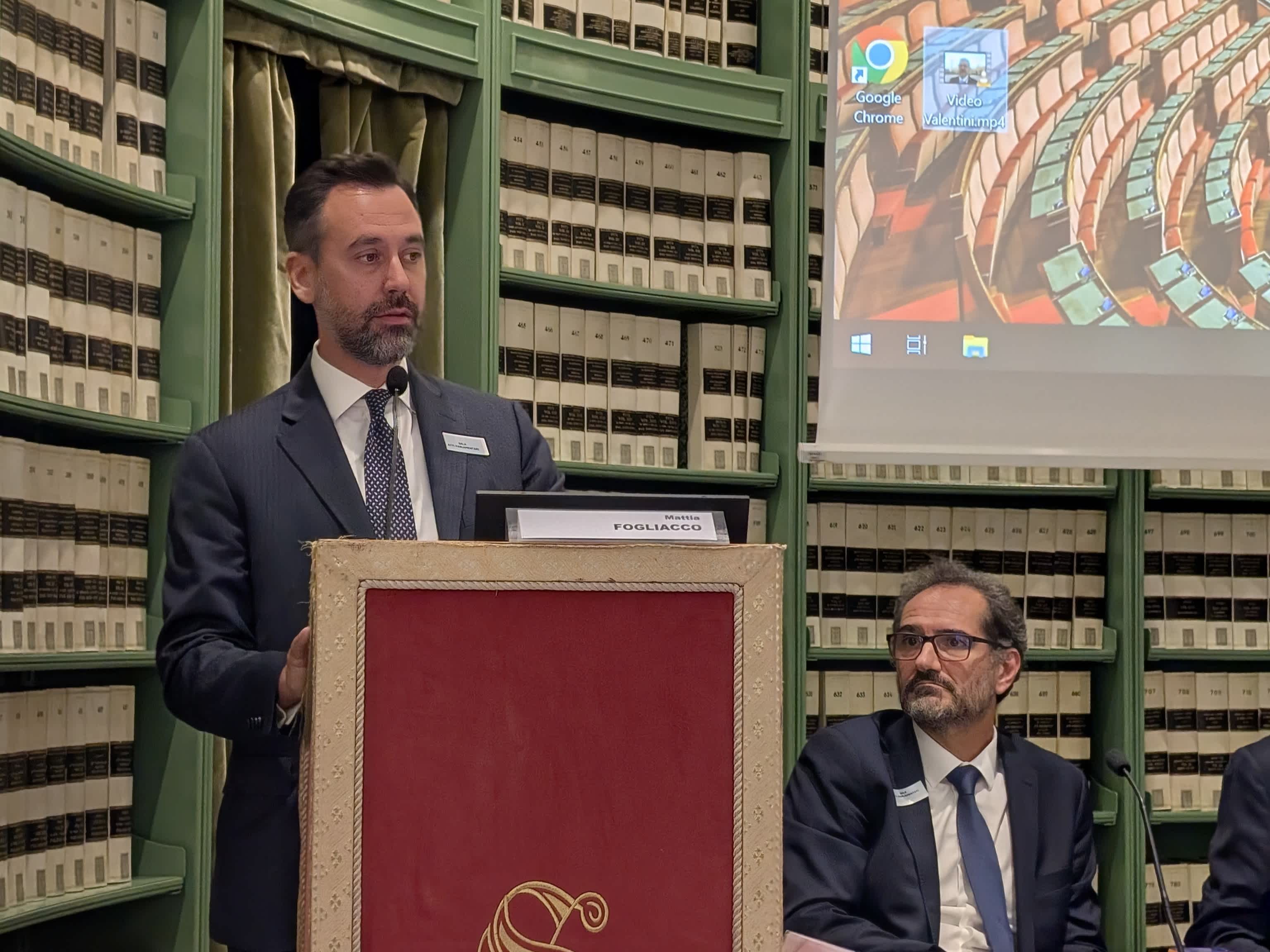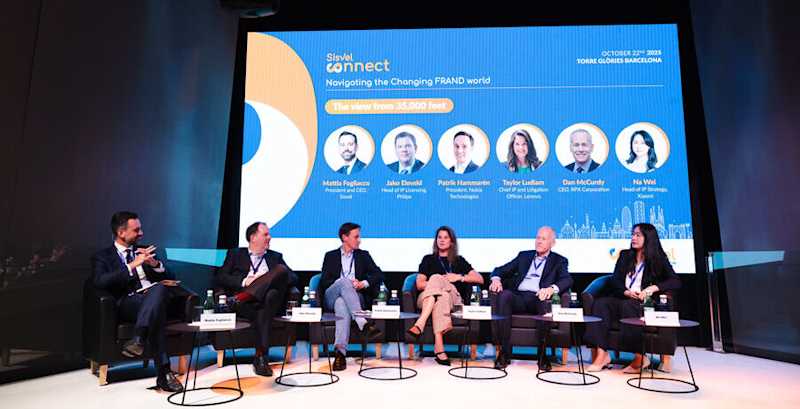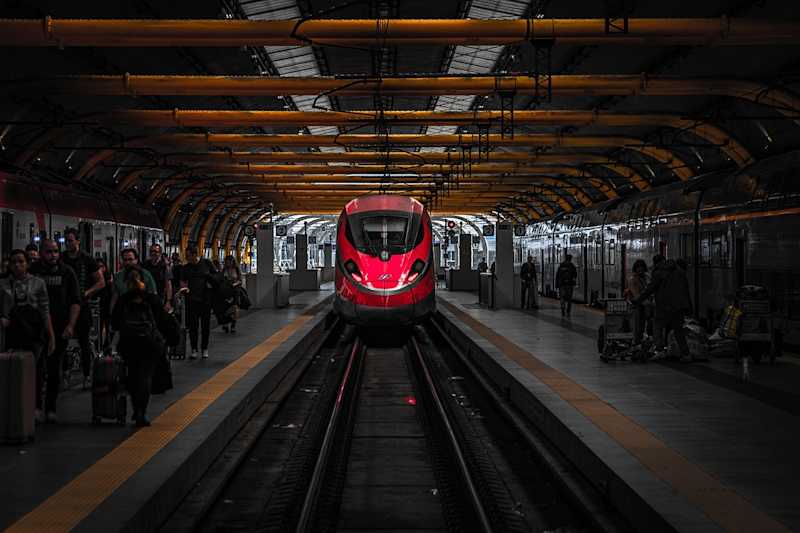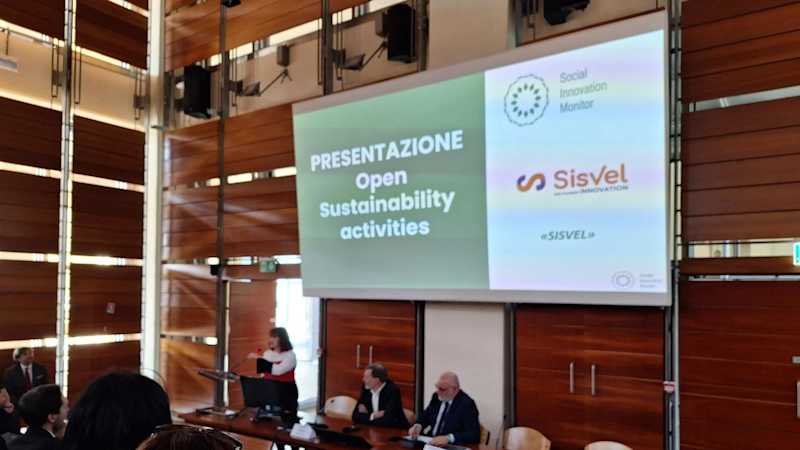Intellectual property must fuel Europe’s innovation fightback
A high-level policy forum in Rome hosted by Sisvel and Italian Senator Antonio Trevisi produced actionable ideas for boosting EU tech dynamism
Senior policymakers and industry leaders convened at the Italian Senate’s Giovanni Spadolini Library in Rome late last month to address one of Europe’s most pressing strategic challenges: its declining competitiveness in the global innovation economy.
The meeting was the brainchild of Senator Antonio Trevisi, with Sisvel providing organisational support.
Entitled “Innovation, Intellectual Property and Made in Italy: Italy and Europe in the global challenge of competitiveness”, the gathering fostered frank dialogue between representatives from government, academia, the research sector and industry.
Urgent call to action
All present shared a common understanding of the challenges. Europe as a whole, and Italy in particular, suffer from a lack of R&D investment, low levels of patenting and limited opportunities to commercialise research. The task assumed by the forum attendees was to start developing concrete, actionable strategies to put Europe and Italy back in the fight.
As a European company with deep Italian roots, Sisvel has observed with growing concern Europe’s eroding position across critical industrial domains. The landmark Draghi Report on European competitiveness provided a compelling framing of the problems and urgent motivation for action.
The forum took place at the Italian Senate’s Giovanni Spadolini Library in Rome
The data presented during the conference – including findings from WIPO’s 2025 Global Innovation Index – illustrated a stark reality: the centre of gravity for technology advancement has shifted decisively away from Europe. Innovation hubs elsewhere, particularly in China and the United States, are doing a better job of promoting sustained R&D investment, the rapid industrialisation of breakthrough technologies and sophisticated IP value creation strategies.
The conference was convened to address this gap and was structured around three pillars: regulators, innovators and industries.
Public-private response needed
The scale of Europe’s competitiveness challenge requires close collaboration between stakeholders, including regional organisations, national governments, research organisations and enterprises.
Senior leaders from all of these groups were present at the event.
Sisvel Government Affairs Executive Adviser Matteo Sabattini addresses the conference
Representatives from the Italian government and international bodies played a leading role in the proceedings. Delegates from the Ministry of Enterprises and Made in Italy, the Italian Competition Authority, the Supreme Court of Italy, the Unified Patent Court and WIPO all took part.
From the R&D sector, there were attendees from Netval, a tech transfer consortium representing dozens of Italian universities; and the Italian Institute of Technology, a public sector research centre based in Genoa. Industry participants included senior executives from Ericsson, Pirelli, Iveco, EDRA and Sisvel.
“Innovation and competition are not antithetical but two forces that reinforce each other,” remarked Italian Competition Authority chief of staff Giovanni Calabrò, adding that competition authorities should intervene “only when exclusive rights become an obstacle to innovation”. He also discussed a new legal amendment that will allow Italian regulators to review a broader range of M&A deals with the potential to impact innovative markets.
Confronting brain drain
Italy does not lack for technical talent. WIPO’s Giovanni Napolitano presented data which revealed that the nation punches well above its weight when it comes to cutting-edge scientific research. The country also benefits from a fairly diversified economy, with different regions specialising in different areas of technology, manufacturing and industry.
These strengths, though, have not been enough to produce large-scale, globally competitive technology leaders. One of the persistent issues is brain drain. Top talent are often drawn to markets with ample research funding, established venture capital, high-tech infrastructure and streamlined regulatory structures. Retaining human capital must be a focus of any competitiveness strategy, said Ericsson’s Antonio Sfameli, “because it is the skilled workforce that can put Italy back on the path to growth”.
Luigi Licciardi of Telecom Italia echoed this call to curb the exodus of research talent. He added that European businesses should overcome defensive mindsets and pursue more global partnerships, emulating China’s success in leveraging cross-border collaboration to become more competitive.
The role of IP
One part of the solution that often goes unmentioned in mainstream discourse is the need for what Sisvel President Mattia Fogliacco described as “a more mature culture of intellectual property”. This entails support not only for basic research but also for technology transfer and licensing.
Sisvel’s Mattia Fogliacco delivers remarks
These business models are central to what makes the world’s premier tech hubs tick – they are not just part of the legal structure, but are fundamental to the mindsets of researchers, academics and business leaders alike.
Fogliacco continued:
Above all, we must understand that innovation, when properly protected and valorised, can generate significant economic returns that accelerate technological progress and foster social development. This is the mechanism that has made the great global hubs competitive – and it is the model that Italy, too, must embrace to build a sustainable future in the knowledge economy.
Next steps
Discussions throughout the day were practical and deep, generating a range of policy and investment ideas. And there is a clear roadmap for continued engagement: Sisvel, in close collaboration with Senator Trevisi’s office, is working on a more formal document setting out the most actionable proposals. We’ll be working with all our partners to ensure that these ideas are part of Europe’s innovation policy conversation.
As Europe’s largest and longest-established patent pool operator, we’re committed to sharing our insights on the interplay between patents, innovation and technological leadership. We stand ready to partner with policymakers and to lend our organisational resources to support this drive to return Europe to the first rank of economic competitiveness.
